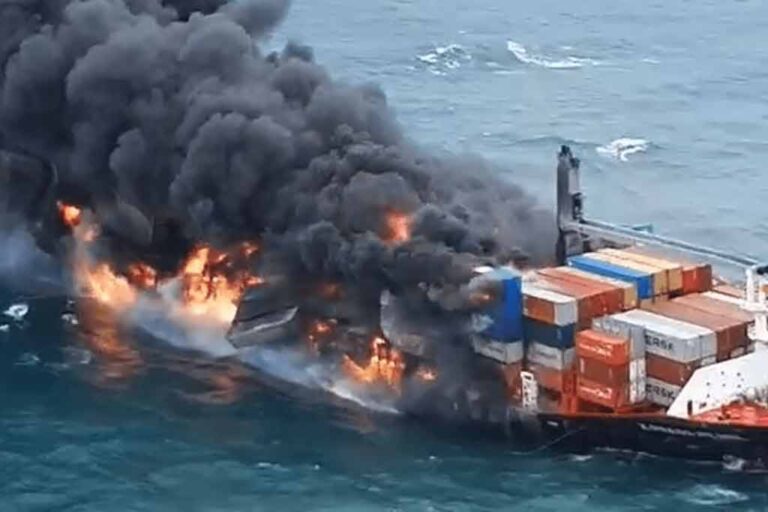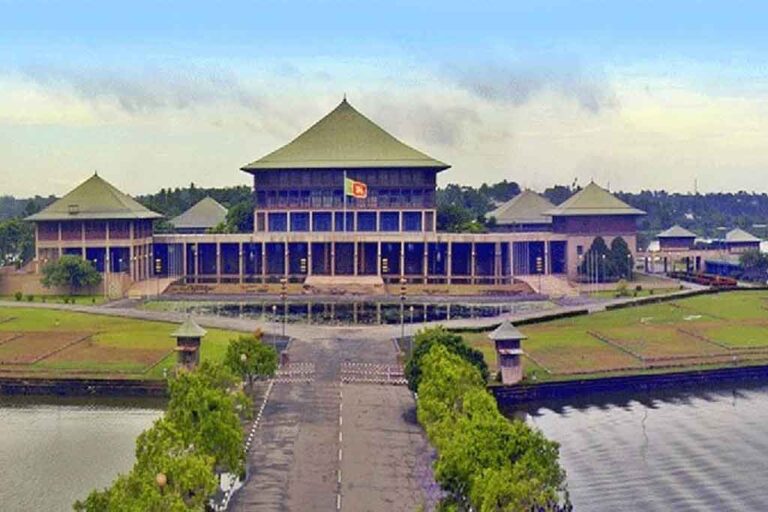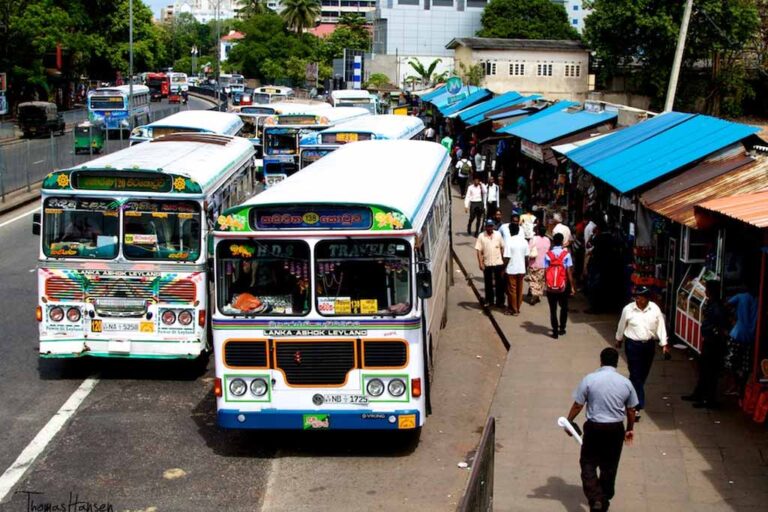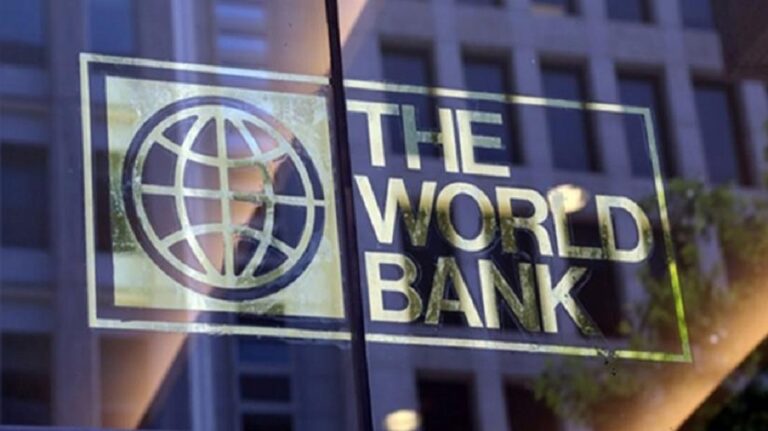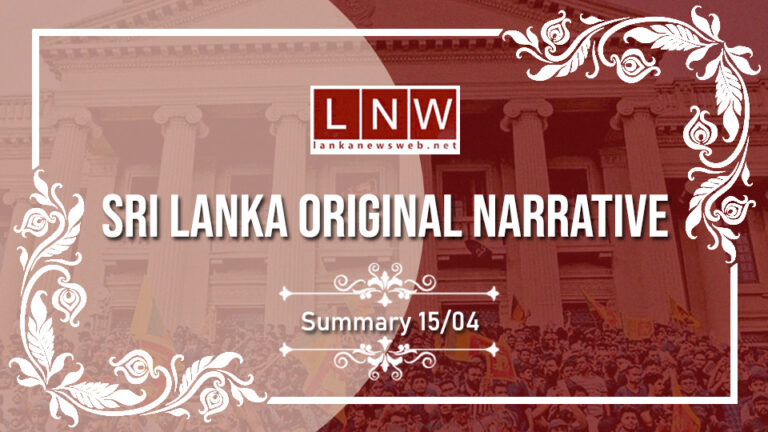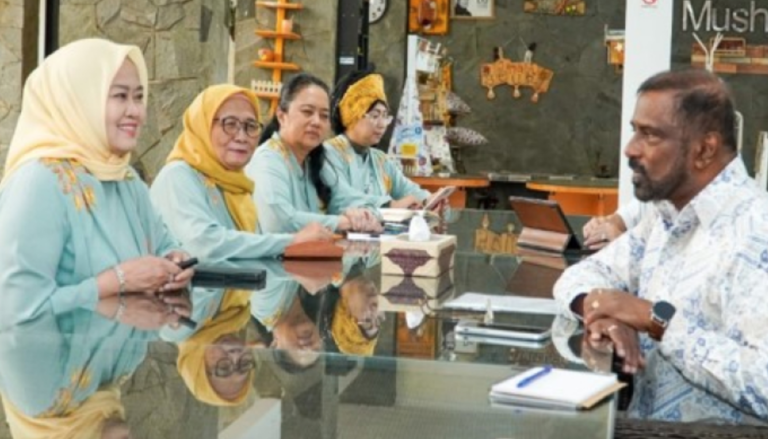Japan, India and France have agreed to a common platform for talks among bilateral creditors to coordinate restructuring of Sri Lanka’s debt, amidt SriLanka President Ranil Wickremasighe’s assurence of engaging all creditors in a transparent manner based on the principle of comparable treatment.
Speaking at the launch of the Debt Restructuring Negotiation Process on Sri Lanka by India, Japan, and France, President Ranil Wickremesinghe via zoom, he said the event marks the beginning of a coordinated effort of official bilateral presentation to make swift progress in resolving Sri Lanka’s distress.
He disclosed that Sri Lanka has made a series of critical policy adjustments in accordance with the extended arrangement under the EFF and the IMF economic reform program will be presented in parliament for aooroval soon. .
However, the President said that domestic policy efforts in this context are insufficient to resolve the deep imbalances in Sri Lanka’s economy.
India’s Union Minister for Finance Nirmala Sitharaman, the Finance Minister of Japan Suzuki Shunichi and Emmanuel Moulin, Director General of the Treasury, France, and Shehan Semasinghe, State Minister of Finance, Sri Lanka, were present in the meeting.
India says close coordination between Sri Lanka and all its creditors will be critical to expediting a debt treatment that will restore debt sustainability in the country.
Indian Minister of Finance Nirmala Sitharaman said that collaboration among creditors is important to ensure transparency and equality in treatment of all creditors in the debt restructuring discussions.
The purpose of the event was to demonstrate the multilateral cooperation regarding the debt restructuring process among the creditors, together with Sri Lanka.
It remains uncertain, however, whether Sri Lanka’s biggest bilateral creditor – China – will join the initiative launched by Japan, this year’s G7 chair, with the aim of kicking off a series of meetings among Sri Lanka’s creditors.
“To be able to launch this negotiation process gathering such a broad-based group of creditors is a historical outcome,” Japanese Finance Minister Shunichi Suzuki told a briefing.
“This committee is open to all creditors,” he said, voicing hope China will join in the effort.French Director General of the Treasury Emmanuel Moulin told the briefing that the group was ready to hold the first round of talks “as soon as possible.”
Sri Lanka owes $7.1 billion to bilateral creditors, according to official data from its government, with $3 billion owed to China, followed by $2.4 billion to the Paris Club and $1.6 billion to India.
The government also needs to renegotiate more than $12 billion of debt in eurobonds with overseas private creditors, and $2.7 billion on other commercial loans.
Sri Lanka kicked off talks to rework part of its domestic debt this month and aims to finalise the deal by May.
The World Bank, International Monetary Fund and India, current president of the Group of 20 (G20) major economies, issued a joint statement after the first full-fledged meeting of the new Global Sovereign Debt Roundtable, held during the spring meetings of the IMF and World Bank in Washington.
The statement, however, did not include mentions of any commitments by China, the world’s largest bilateral creditor, to speed the restructuring process.
The statement said participants “focused on the actions that can be taken now to accelerate debt restructuring processes and make them more efficient, including under the G20 Common Framework.”


